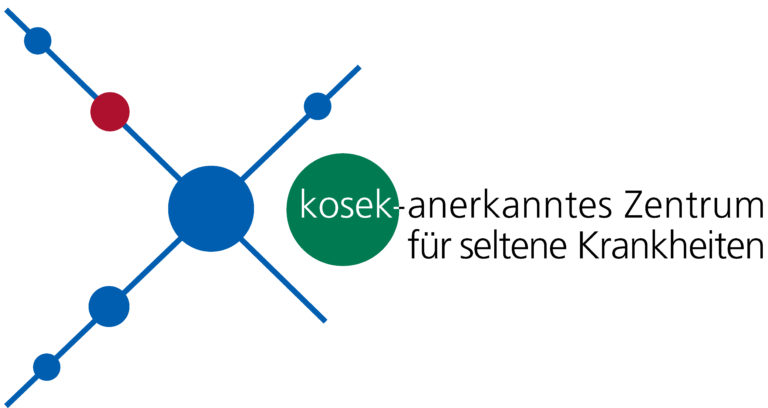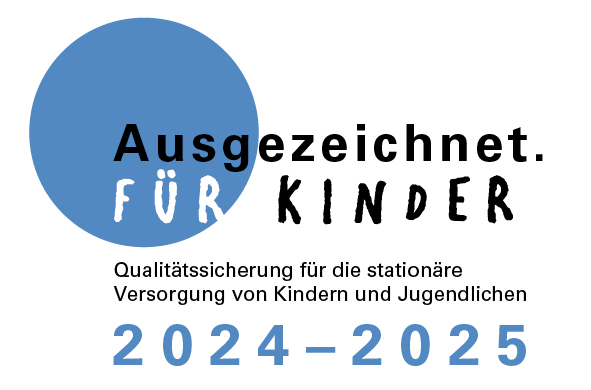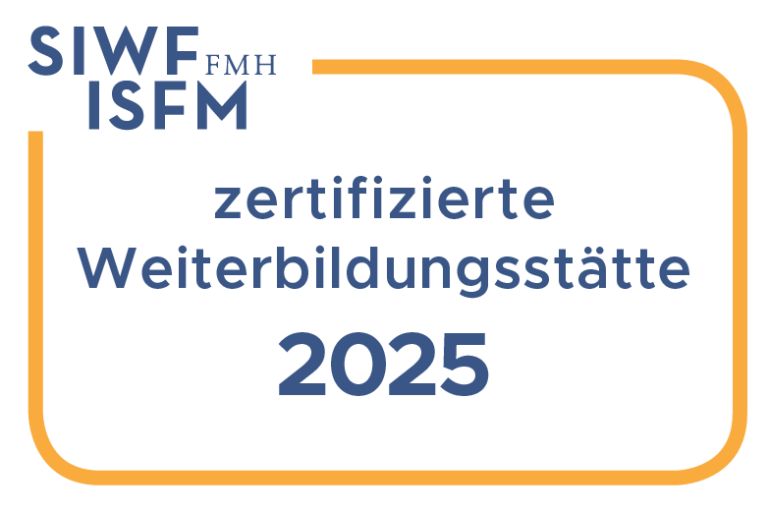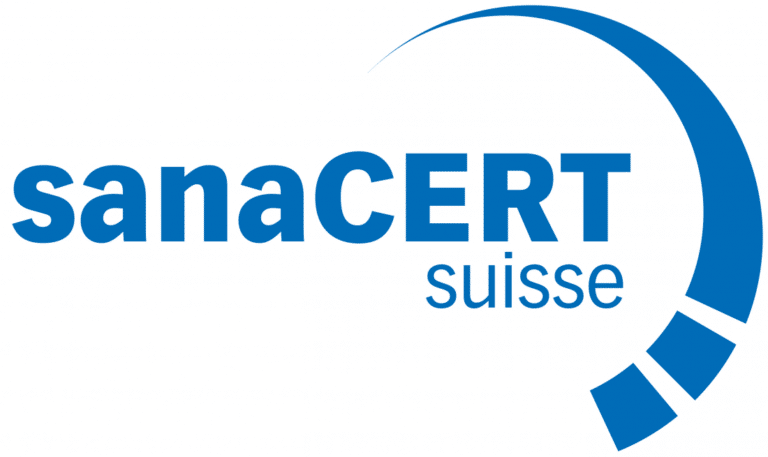Contact us
High contrast
This page has been translated automatically.
The Infectiology and Vaccinology team at the UKBB deals with the prevention and control of infectious diseases inside and outside the hospital through vaccinations (vaccinology), as well as additional preventive and hospital hygiene measures. The team offers detailed advice on all questions relating to vaccinations.
The specialists working in the department offer consultation hours in the outpatient clinic (preferably on referral by a doctor), care for outpatients in the day clinic, a consultation service for all departments at UKBB and infectiological advice for registered doctors in Switzerland and abroad as well as regional and national hospitals. The infectiology/vaccinology consultation service is available to doctors around the clock, 365 days a year.
When hospitalised due to a respiratory infection, many parents worry about the risk of infection from other patients. Prof Dr Ulrich Heininger explains how high this risk actually is.
Prof Dr Ulrich Heininger, Head of the Department of Infectious Diseases and Co-Head of Ward A at UKBB, comments.
Your child is hospitalised at UKBB due to a respiratory infection. It may have a cough, fever and problems breathing or feeding is difficult.
As a rule, you and your child will not be accommodated in a single room. Many parents are worried that their child could catch an infection from a neighbouring patient and become ill for longer or more seriously. It is highly likely that your child has a viral infection, as practically all respiratory infections that lead to hospitalisation in (usually very young) children are caused by viruses. The neighbouring patient is also very likely to have a respiratory infection.
There are countless viruses that can cause respiratory infections. We can detect the most common ones by analysing nasal secretions. In more than half of all cases, we find one or more viruses in the analysed secretions. However, if no viruses are found, this does not change the situation; the child still has a respiratory infection caused by a virus.
Does the neighbouring patient have an infection with the same virus?
This may be the case (especially if a certain virus is currently causing an epidemic), but it does not have to be. The duty of confidentiality prohibits us from telling you this specifically.
What does it mean for us and our child if the neighbouring patient is infected with a different virus to our child?
That doesn't change the situation.
Can my child catch an infection from the other child and become ill for longer or more seriously as a result?
This is very unlikely for the following reasons:
Our department is a recognised training centre for FMH infectiology specialists and offers a variety of training courses. Further education and training in the areas of infectiology, hospital hygiene and vaccinology for medical and nursing staff at UKBB as well as for external medical service providers.
The Department of Infectious Diseases and Vaccinology conducts regionally, nationally and internationally networked scientific studies on infectious diseases, vaccinations and vaccination programmes. Hospital hygiene through. Current research areas are




058 387 78 82 (Costs are settled via the health insurance company)
In the event of an emergency abroad, call the emergency number of your health insurance company. You will find the contact details on your health insurance card.
145 (Poison and Information Centre)
University Children's Hospital of both
Basel, Spitalstrasse 33
4056 Basel | CH
Phone +41 61 704 12 12
© UKBB, 2025
The Medgate Kids Line provides quick and uncomplicated medical advice if your child is unwell. The medical team of our partner Medgate is available to you by telephone around the clock.
For emergencies abroad: Call the emergency number of your health insurance company. You will find this number on your health insurance card.
More information: On the Page of the emergency ward you will find everything you need to know about behaviour in emergencies, typical childhood illnesses and waiting times.
144 Outpatient clinic
145 Tox Info Suisse (Poisonings)
117 Police
118 Fire brigade
Which topic would you like to contact us about?
For praise or criticism, please use the Feedback form.